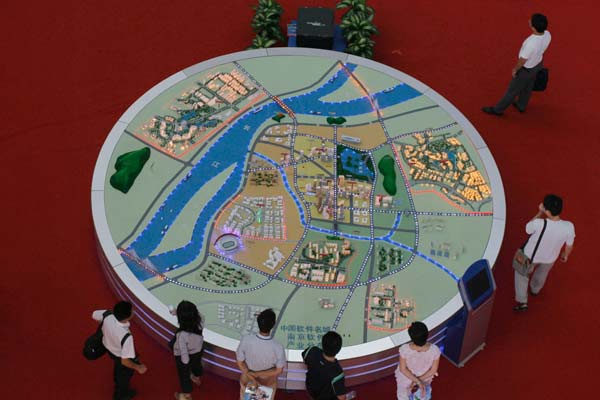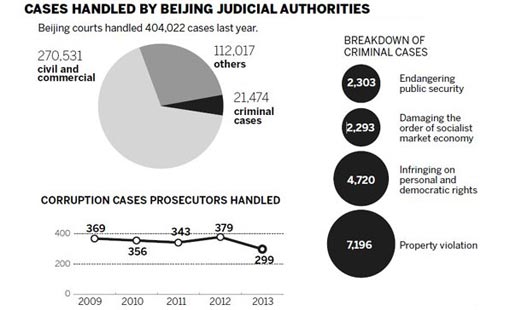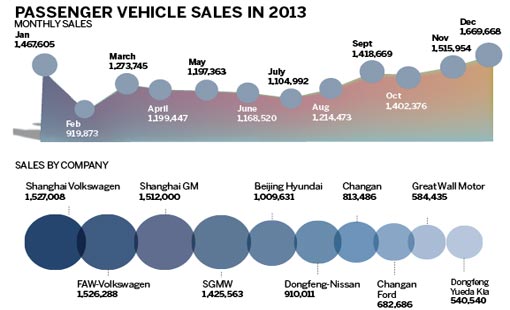Foreign companies eye new 'opening-up'
Updated: 2013-06-24 03:00
|
 |
|
A model of Nanjing Software Park. Multinational companies are rushing to set up research and development centers in this kind of high-tech parks around China. [Provided to China Daily] |
High-end industry, research and development are biggest attraction
Over the past three decades, many foreign companies set up manufacturing facilities in China because of the country's low labor costs, turning the world's most populous nation into a global factory.
That is now looking like history.
As China pledges to turn itself into an innovative economy as part of a transformation in its economic growth model, encouraging foreign companies to invest in high-end industries, the world's second-largest economy is gearing up for a move into the upper end of the global chain.
For Alain Merieux, founder of the global in vitro diagnosis company BioMerieux, a very recent trip to China was fruitful.
As a member of the business delegation accompanying French President Francois Holland, who paid his first ever official visit to China in late April, the 85-year-old witnessed the signing of a cooperation agreement on biological sample extraction with Shanghai municipal government, announcing the French company would expand its research and development capability, as well as its manufacturing facility, in the city by the end of this year.
BioMerieux moved its Asia-Pacific headquarters to Shanghai in 2005 and established two R&D facilities in 2007 and 2010.
Merieux said in an interview with China Daily that what is motivating the French biomedical company to add more muscle to its R&D lies in the more innovation-friendly environment that China is committed to creating.
The innovation environment in China has improved and the nation is "paying much more attention to innovation and has issued a string of encouraging policies", said the founder. "It also created a sound environment for Sino-foreign cooperation, which was rare decades ago."
Merieux also cited figures. Because of its shrinking domestic market, "France is to consolidate diagnosis-related laboratories to 800 to 1,000 from the current 4,000 by 2016 but, in China, it will build and renovate 11,000.
"You can see the big difference and how China is passionate about innovation," said Merieux.







